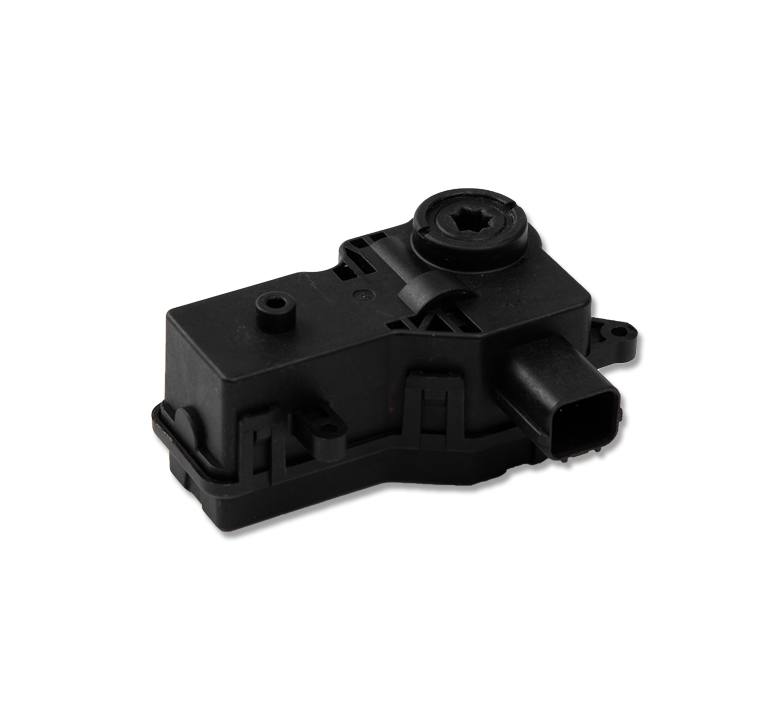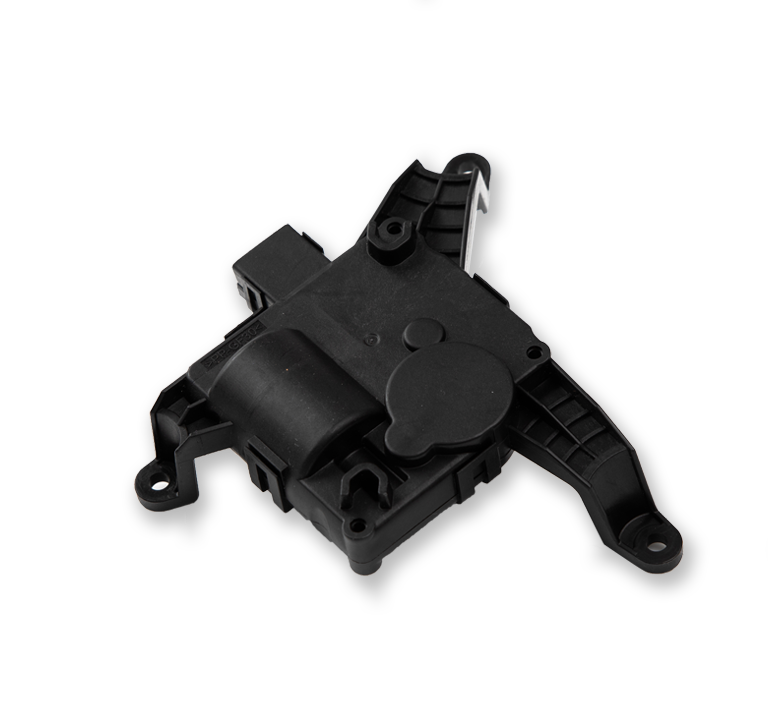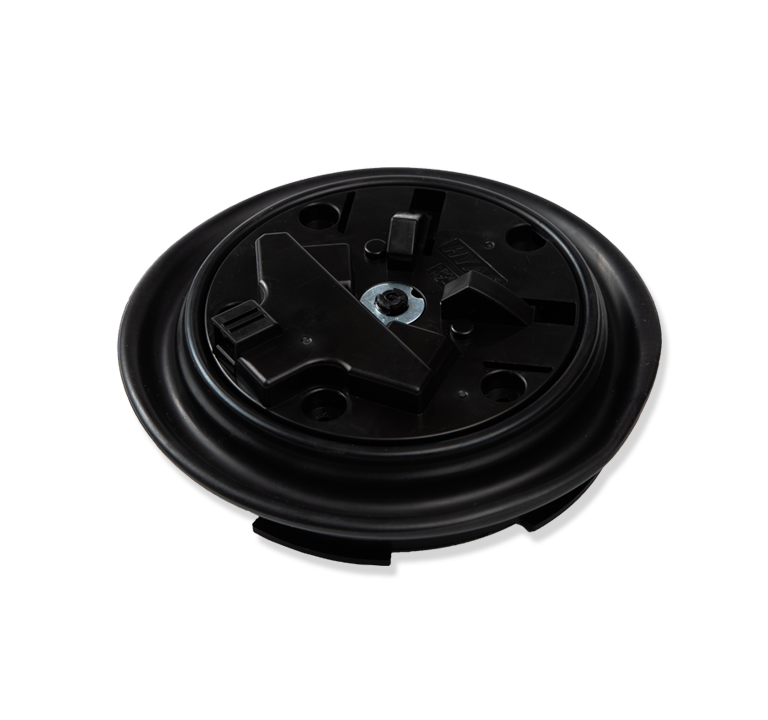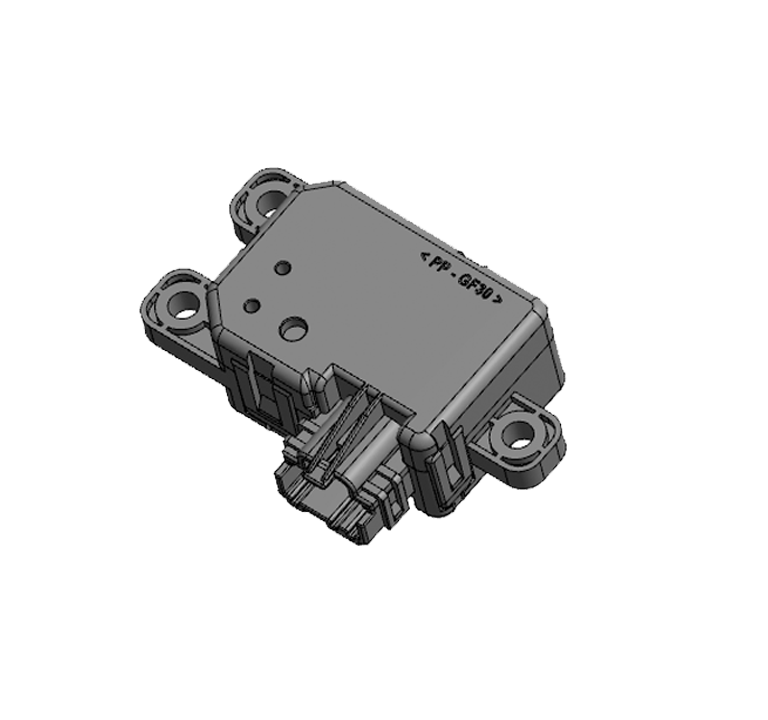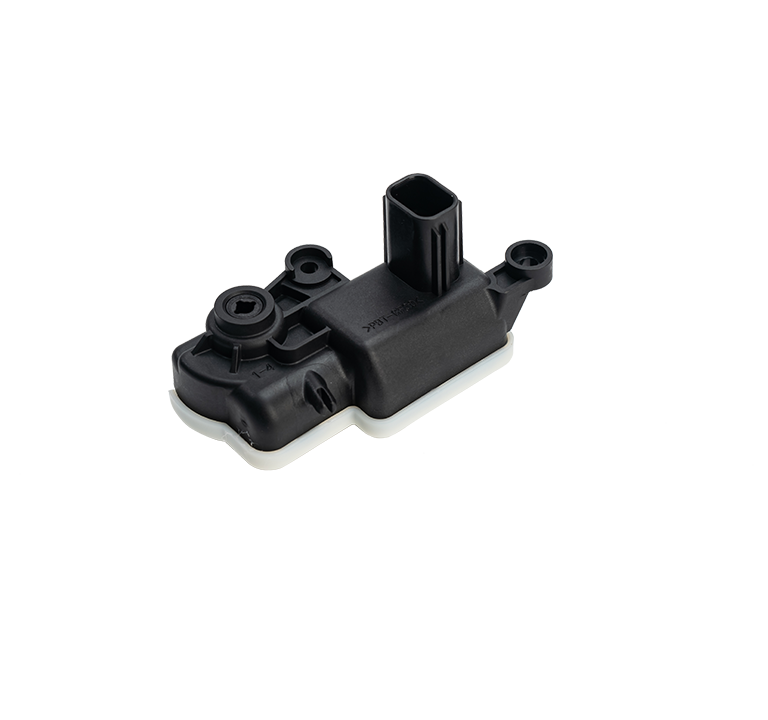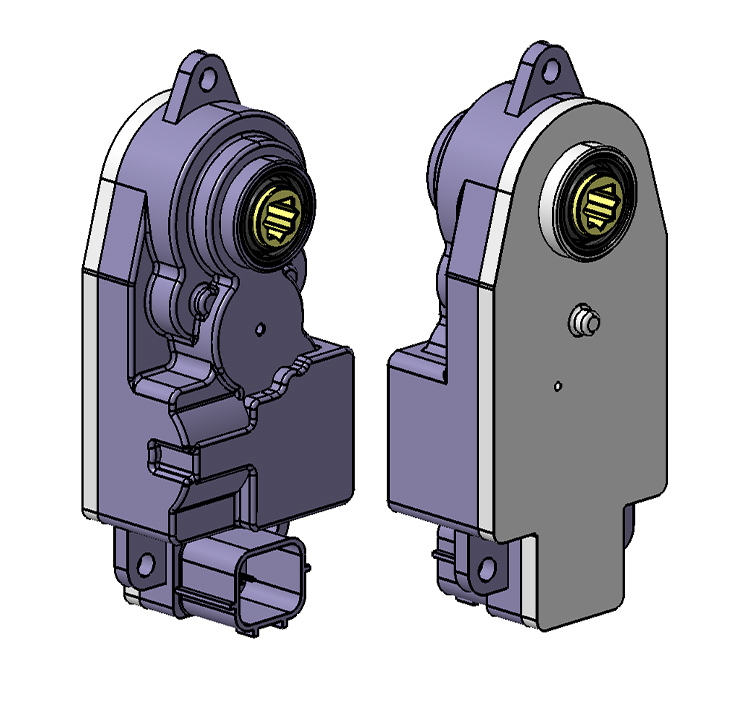What role does the actuator play in the car?
The role of actuators in automobiles is very important. An actuator is a device that can perform a specific task. It can receive instructions from the control system and convert them into mechanical motion. In automobiles, actuators are widely used in various systems, such as engine management system, brake system, transmission system and chassis control system.

The following are some important functions of actuators in automobiles:
Engine management system: The engine control unit (ECU) uses actuators to control various components in the engine, such as fuel injectors, igniters, intake valves and exhaust valves. These actuators can control the fuel injection, ignition time and valve opening and closing degree according to the instructions sent by the ECU, so as to achieve higher fuel efficiency and lower emissions.
Braking system: the brake actuator can convert the pressure into braking force according to the vehicle speed and the driver's braking command, so as to realize the deceleration and stop of the vehicle. The electronic control module (ECM) in the ABS system can control the brake pressure of each wheel through the actuator to ensure the stability of the vehicle when braking.
Transmission system: both automatic transmission and manual transmission have actuators. They can change the ratio of gears according to the driver's choice and ECU's command to achieve different speed and torque output. The actuator can also control the operation of the clutch to achieve a smooth transmission process.
Chassis control system: The actuator in the chassis control system can control the suspension system and stability control system of the vehicle. For example, the Electronic Stability Program (ESP) system can control the brake force and engine output through the actuator to maintain the stability and handling of the vehicle.
Therefore, actuators play a very important role in vehicles, and their normal operation can ensure the reliability of vehicles.
